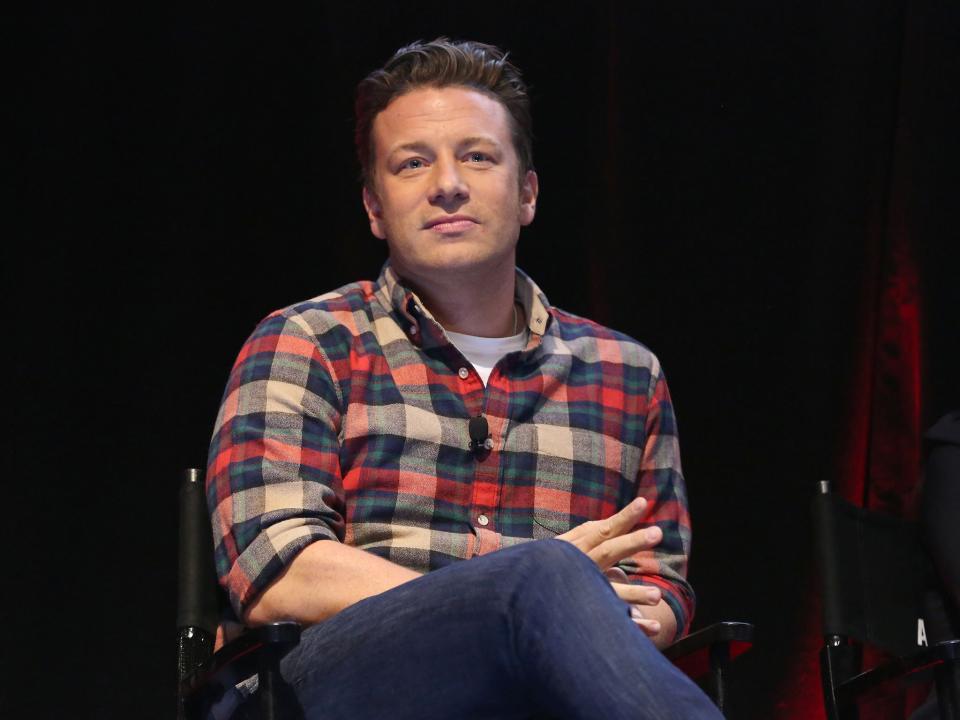Jamie Oliver accused of cultural appropriation over 'punchy jerk rice'
Jamie Oliver is facing accusations of cultural appropriation after launching a “jerk” rice brand.
Labour MP Dawn Butler said the chef’s branding was “not OK” and questioned whether he even understood the Jamaican style of cooking.
The representative for Brent Central, daughter of Jamaican immigrants, tweeted: “I’m just wondering do you know what Jamaican jerk actually is?
“It’s not just a word you put before stuff to sell products. Your jerk rice is not OK. This appropriation from Jamaica needs to stop.”
Others on social media noted that Mr Oliver’s “punchy jerk rice” microwavable meal did not actually contain the traditional components of jerk seasoning.
Originating in Jamaica, jerk is usually used on chicken and fish, and contains allspice and Scotch bonnet peppers. Neither of these things is used in Mr Oliver’s new line of rice.
Ms Butler’s attack sparked a heated debate online over cultural appropriation and whether it was right for celebrity chefs to profit from other countries’ cuisines.
One Twitter user called it a “disgrace” and an act of “disrespect”.
I'm not in the mood for this @jamieoliver #PunchyJerkRice #Alkindawrong #Stopit now lost all respect for you. WE IN THE BLACK COMMUNITY truly know how to cook OUR food and you take it and disrespect it in such a form. What a disgrace. I'm not surprised though #FakeFood pic.twitter.com/T5lzNiivch
— Sam 'MamaSam' Davis (@SamDavis66) August 14, 2018
After examining the ingredients in the rice, David Llewellyn tweeted: “I was about to headbutt my desk over this tweet from Dawn Butler because most cultural appropriation brouhahas are nonsense.
“Then I saw this description of Jamie Oliver’s “Jerk” rice. On what planet can “garlic, ginger and jalapenos” be described as “Jerk”?”
Tory MP Neil O’Brien was quick to defend Mr Oliver, pointing out he had already taken and adapted food from other cultures.
Referring to Ms Butler’s critique, he quipped: “If Jamie Oliver isn’t allowed to make Jerk chicken because it’s cultural 'appropriation' she’s going to go mad when she finds out about “Jamie’s Italy”.”
The Scottish Tory MSP Murdo Fraser joked: “Just wait until he starts selling haggis.”
Gordon Ramsey was recently accused of cultural appropriation over his upcoming show for National Geographic - Uncharted.
It sees the combative star compete against chefs around the world, “pitting his own interpretations of regional dishes against the tried-and-true classics.”

 Yahoo News
Yahoo News 

